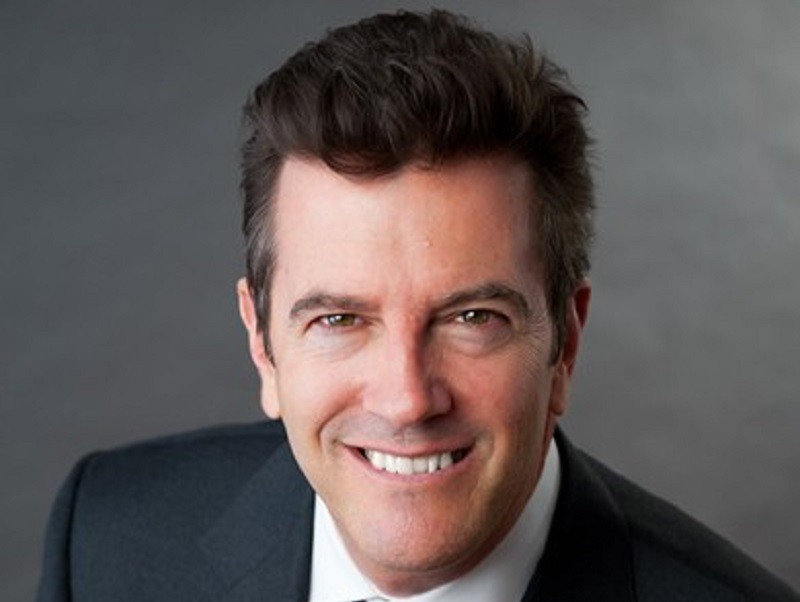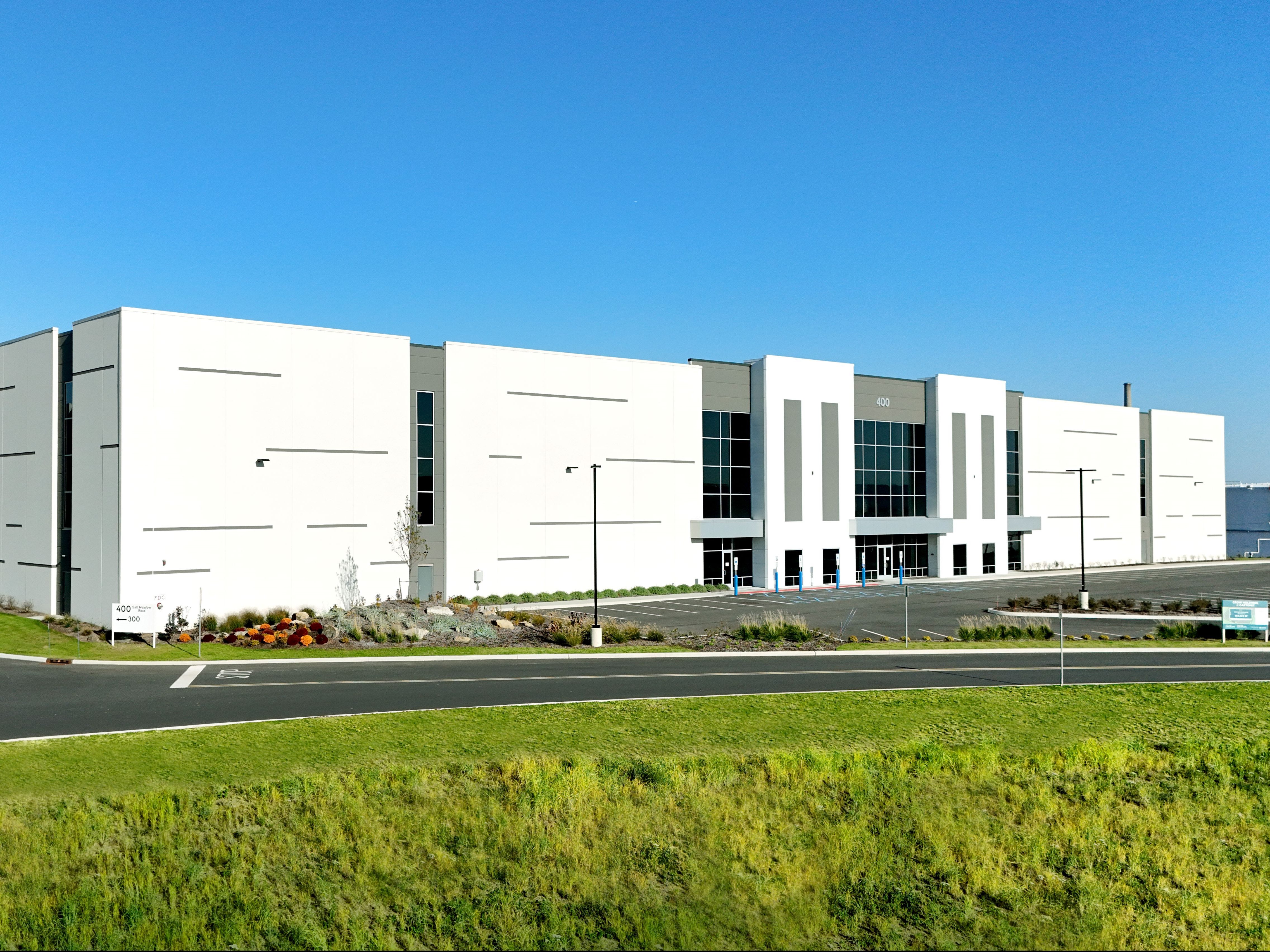Global CRE Investment Activity Could Surge by 50%: Colliers
No less than 88 percent of survey respondents in the U.S. are planning their next real estate acquisition in the first quarter of 2021.

Image by TheDigitalArtist via Pixabay.com
This should be the year the commercial real estate logjam starts breaking, as 98 percent of investors plan to expand their worldwide portfolios, according to the Colliers Global Capital Markets 2021 Investor Outlook.
Moreover, about 60 percent of investors plan on expanding their holdings by more than 10 percent, Colliers International reports. It all adds up, the company says, to an up to 50 percent surge in global investment activity in the second half of 2021. Recent vaccine developments are expected to renew confidence in the commercial real estate sector.
READ ALSO: Where Was the Tallest New Building in 2020?
And the surge should be starting quickly, with 88 percent of survey respondents in the U.S., and 67 percent of those in the Europe, Middle East and Africa region, planning their next investment as early as the first quarter of 2021. And Colliers expects the rebound to gain strength from the second quarter forward.
The report noted that the average total annual global investment from 2015 through 2019 was about $1.65 trillion, or roughly 1 percent of global assets under management. The 2020 investment total fell to about $1.3 trillion, but with allocations to commercial real estate continuing to grow, global investment volumes could double this year.
The report drew on input from almost 300 survey respondents, including institutional investors, listed property companies, sovereign wealth funds, private equity funds, family offices and third-party money managers.
Based on that, it’s clear that “longer-term tailwinds in the property sector remain intact. With a massive volume of equity raised globally and the need for real assets, investors are eager to deploy pent-up capital and pursue opportunities during the year,” Tony Horrell, head of capital markets, global, at Colliers International, said in a prepared statement.
“We expect to see movement up the risk curve this year, with investors exploring all types of assets from senior care homes to public infrastructure projects,” he added.
Globally, office properties in top-ranked cities remain highly desirable, as do logistics assets. Demand continues to increase for secondary product types like data centers, senior living and life science space.
In the U.S. and Canada, about half of investors anticipate that core industrial properties will appreciate by 10 percent or more this year, as supply struggles to keep up with demand driven by e-commerce.
Though remote working has cut somewhat into the attractiveness of office properties, they remain in solid demand, especially in the larger Canadian markets (Toronto, Vancouver and Montreal) and growing U.S. metros (Seattle, Denver and Raleigh, N.C.).
What’s on the menu in Asia
An interesting observation on the Asia-Pacific office market came from Terence Tang, managing director, capital markets & investment services, Colliers Asia. He commented that confidence in this sector rests in part on the fact that, for many people in the region, “living conditions are not conducive to long-term or permanent working-from-home arrangements.”
John Marasco, managing director, capital markets & investment services, Australia and New Zealand, said that though office assets are in demand, investors are being selective. “There has been a flight to quality as investors and occupiers target buildings that are seen as future-proofed, with the energy ratings, fresh air and other attributes you need in a COVID-normal environment.”
Other points of interest in the Asia-Pacific region, Tang said, include high demand for tech-related properties—including business parks—because of the huge growth of tech companies and start-ups.
And across Australia, Tokyo, Seoul and some Chinese metros, e-commerce continues to drive interest in logistics properties and data centers.
Read the full report by Colliers International.







You must be logged in to post a comment.